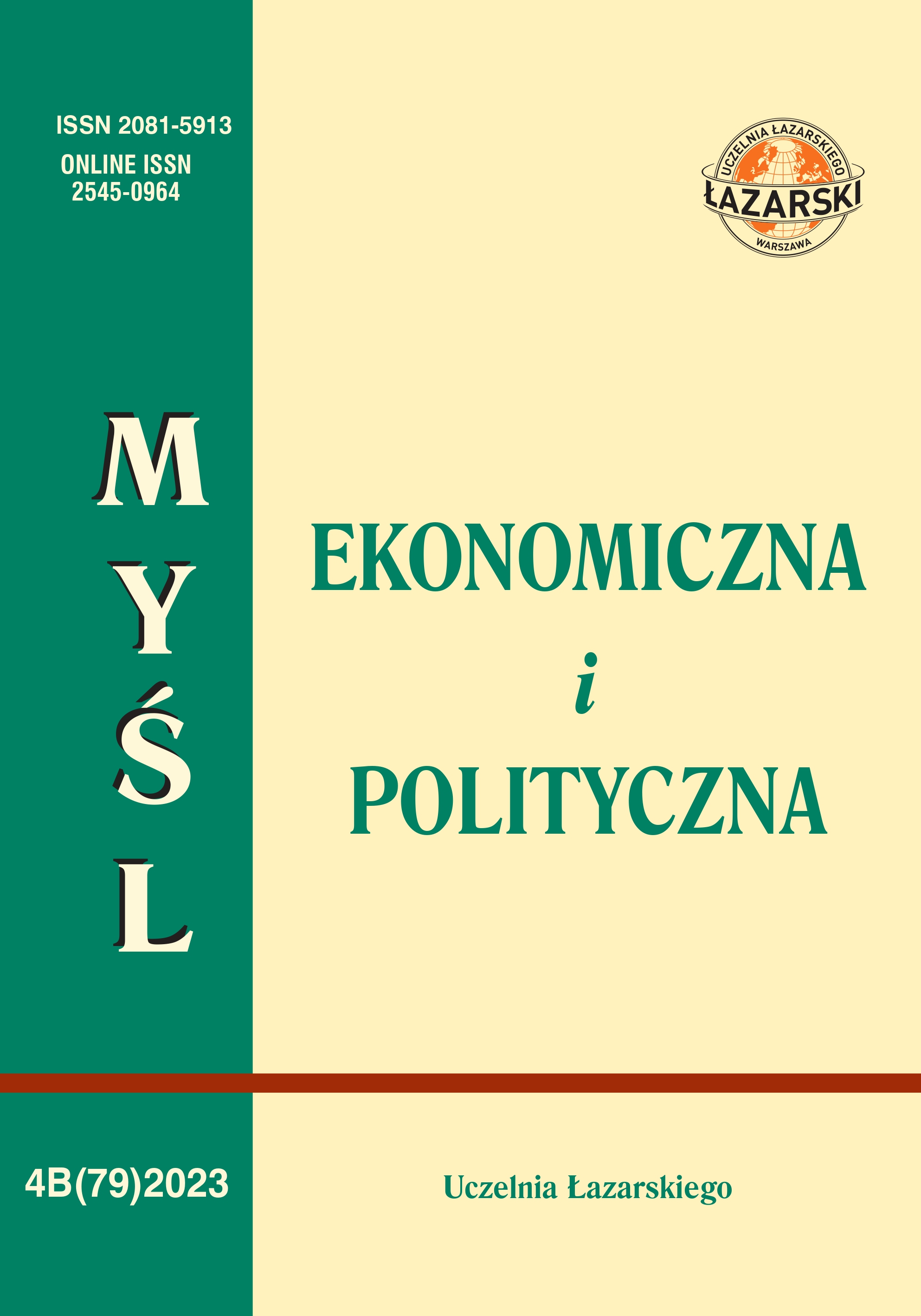Abstract
This paper analyses the ongoing tensions in the Guiana region of South America between Guyana and Venezuela over the Essequibo region. It utilises game theory to evaluate strategic decisions between Venezuela, Guyana, Brazil (a regional player), and the USA (a permanent global power). This is done to articulate the decision‑making processes in the conflict, which may involve both competition and cooperation. The main goal is to foster an understanding of how these interactions shape regional stability and the implications for global energy security. The paper applies the prisoner’s dilemma, stag hunt, and iterative game models to ascertain possible outcomes. The analysis suggests that cooperative efforts, particularly through mediation by Brazil, may lead to mutual gains. However, a lack of mutual trust between the two warring parties may reinforce mutual defection as a suboptimal yet stable outcome. The research seeks to provide insights for policymakers in the region who aim to navigate the security‑related strategies therein.
